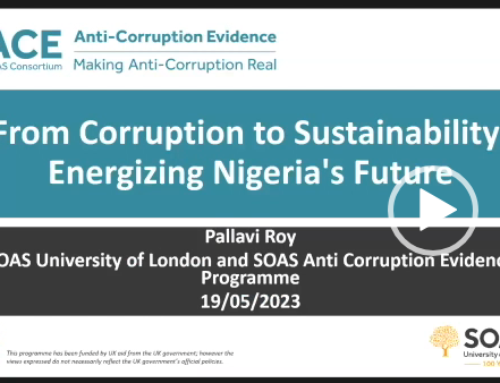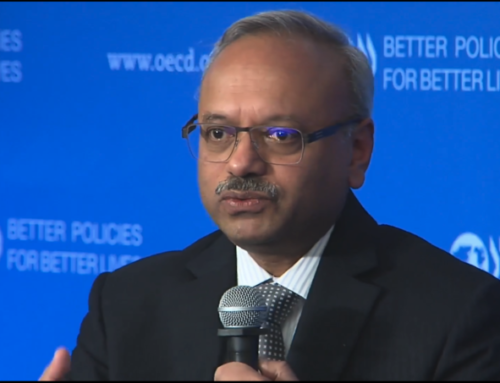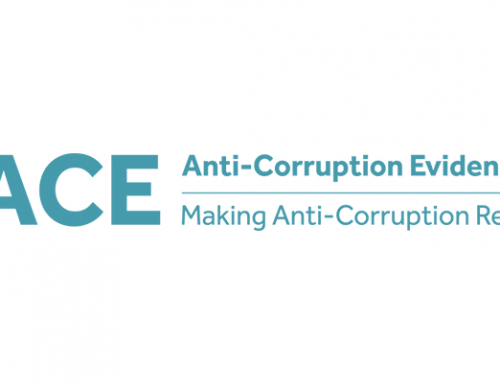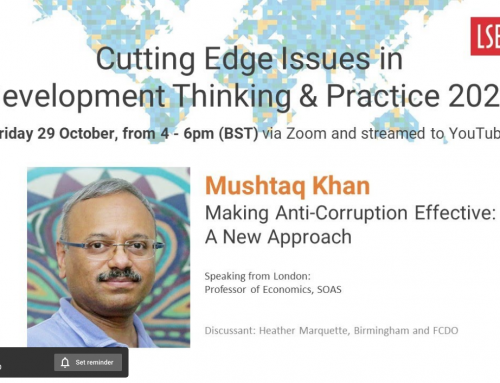ACE is delighted to publish our founding analysis of the political and economic context to anti-corruption efforts, both historically and today, in the three countries where the ACE programme will engage: Tanzania, Nigeria and Bangladesh.
ACE will seek new, feasible and high impact anti-corruption strategies by engaging with different sectors and actors including policy-makers, private sector and civil society organisations, in partnership with local and international research partners. In seeking out these strategies, the programme will focus on how ‘horizontal’ approaches may complement or replace ‘vertical’ approaches to anti-corruption.
The Working Papers, written by Prof Mushtaq Khan, Dr Antonio Andreoni, and Dr Pallavi Roy, set out our starting point for choosing these sectors and strategies, by delving into the drivers and influences on corruption of different kinds, and analysing how various anti-corruption approaches have performed in the past. Using a ‘political settlement analysis’ (PSA), the papers contribute a detailed and multi-faceted understanding of the distribution of organisational power in these three societies, focusing in particular on competing efforts to form the ruling coalition.
They go on to use this analysis, together with an understanding of the drivers of economic growth, and the background to existing anti-corruption laws and agencies, in order to focus on strategic opportunities for new efforts on anti-corruption. This analysis sets the scene for the over 40 research projects now underway in Nigeria, Bangladesh and Tanzania through the ACE consortium.






